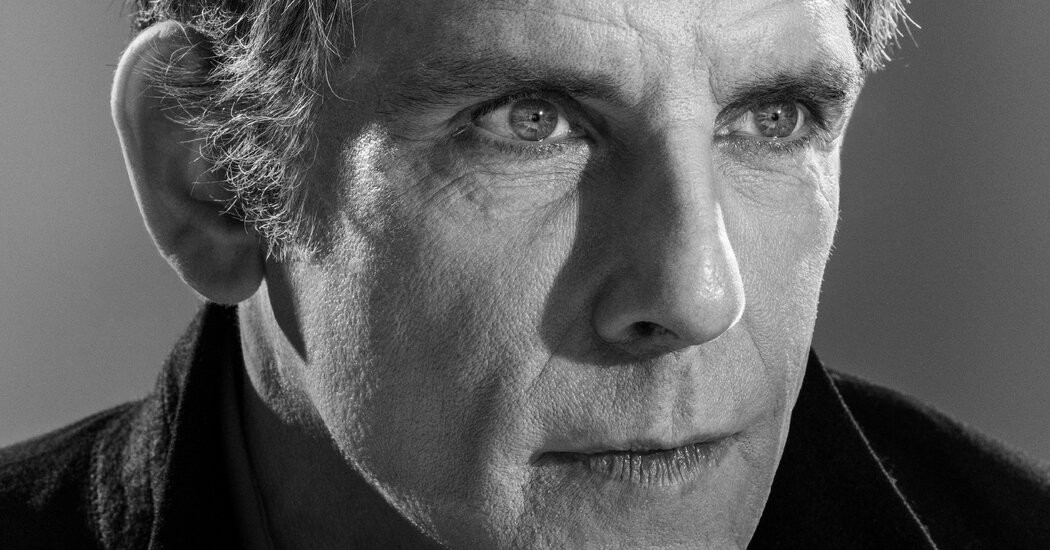

When the Emmy-award winning series “Severance” (Apple TV+) makes its return on Jan. 17, it will resume the story of, and maybe provide some answers to, the mysterious doings of Lumon Industries. In case you haven’t seen the show or are in need of a refresher — it has been three long years since the first season aired — Lumon is the creepily enigmatic corporation staffed by office drones, including the protagonist Mark (played by Adam Scott), who have willingly chosen to have their consciousnesses artificially split in two. That is, the employees’ work selves (known as innies) and their off-hours selves (their outies) have been literally psychologically disconnected — to disorientating and disturbing effect.
Trying to make sense of a divided self is an idea to which Ben Stiller, who directs and is an executive producer of “Severance,” can probably relate. He became a superstar with his performances in mainstream Hollywood hits like the “Meet the Parents” and “Night at the Museum” franchises. But his most interesting acting work has been in more complicated, tonally varied independent films like “Greenberg,” directed by Noah Baumbach, and “Brad’s Status,” directed by Mike White. As a director himself — directing was always his ambition, not acting — Stiller, 59, has a far more subversive and distinctive touch than the broad comedies that made him famous. See, as evidence, his darkly funny satires “The Cable Guy” and “Tropic Thunder” (which he also starred in), as well as more serious efforts like the 2018 Showtime crime series “Escape at Dannemora.”
So I don’t think I’m overreaching in suggesting that there has always been some innie-outie “Severance”-style tension running through Stiller’s own story. It’s a tension, as I learned while speaking with him at his Manhattan office, that he has been trying to make sense of too.
The actor-director discusses the long-awaited return of the hit series, the comedies that made him a star and growing up with his famous parents.
Subscribe: Apple Podcasts | Spotify | YouTube | Amazon | iHeart | NYT Audio App
Were there specific things that working on comedy gave you the tools for when it came to making “Severance,” which I would describe as maybe comedy-adjacent? I feel like the show has its basis in the workplace comedy, like “The Office” or “Office Space” or “Parks and Recreation.” This season we probably went to some stranger places, but that was also part of what the show is. The show has to continue on its journey and can’t just stay doing the same thing.
You think the second season is still in the vein of a workplace comedy? Yeah, it is based on the idea that started the show: These people are in a workplace doing a job that they don’t understand; they don’t know who they are or why they’re there. That to me has always been the blueprint.